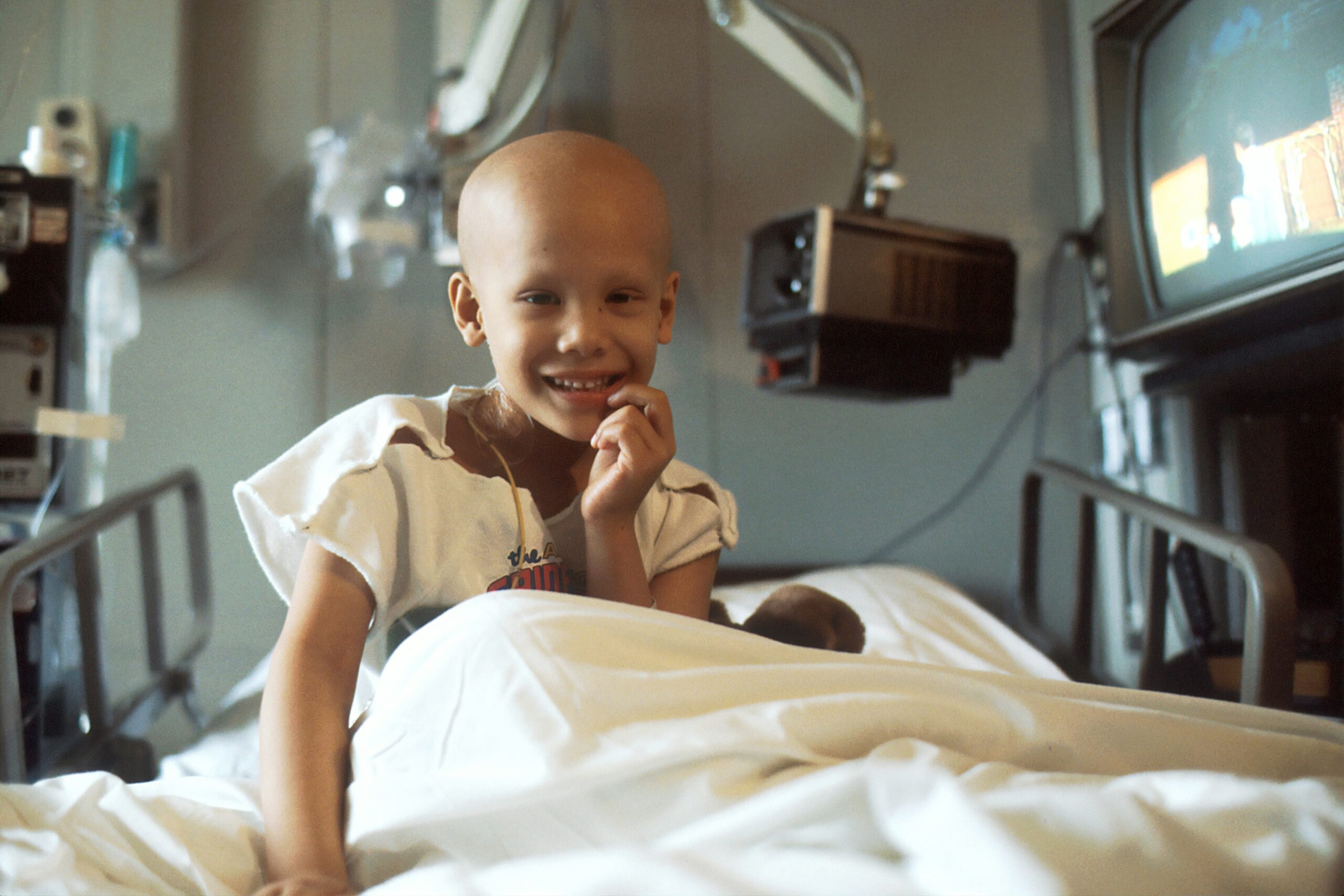Cancer encompasses a diverse array of diseases that can affect virtually any organ or tissue in the body. While there are hundreds of different types of cancer, some are more prevalent than others and have distinct characteristics and treatment approaches. Understanding the common types of cancer is essential for early detection, treatment planning, and patient education. In this article, we’ll explore some of the most prevalent types of cancer, highlighting their key characteristics, risk factors, and treatment options.
1. Breast Cancer: Breast cancer is the most common cancer among women worldwide, affecting millions of individuals each year. It originates in the breast tissue and can occur in both men and women, although it is far more common in women. Risk factors for breast cancer include age, family history, genetic mutations (e.g., BRCA1 and BRCA2), hormone replacement therapy, and lifestyle factors. Treatment options for breast cancer may include surgery, chemotherapy, radiation therapy, hormone therapy, and targeted therapy, depending on the stage and subtype of the disease.
2. Lung Cancer: Lung cancer is a types of cancer and is the leading cause of cancer-related deaths worldwide, accounting for a significant portion of cancer mortality. It develops in the lungs, usually in the cells lining the air passages, and is strongly associated with tobacco smoking. Other risk factors for lung cancer include exposure to secondhand smoke, radon gas, asbestos, and environmental pollutants. Treatment options for lung cancer may include surgery, chemotherapy, radiation therapy, targeted therapy, immunotherapy, and palliative care.
3. Colorectal Cancer: Colorectal cancer affects the colon or rectum and is the third most common cancer diagnosed in both men and women. Risk factors for colorectal cancer include age, family history, inflammatory bowel disease (e.g., Crohn’s disease, ulcerative colitis), a diet high in red and processed meats, obesity, smoking, and alcohol consumption. Screening tests such as colonoscopies, stool tests, and sigmoidoscopies can detect colorectal cancer at an early stage when treatment is most effective. Treatment options for colorectal cancer may include surgery, chemotherapy, radiation therapy, targeted therapy, and immunotherapy.
4. Prostate Cancer: Prostate cancer is the most common cancer diagnosed in men, particularly older men over the age of 50. It develops in the prostate gland, a small gland located below the bladder and in front of the rectum, and is often slow-growing. Risk factors for prostate cancer include age, family history, race (African American men have a higher risk), and certain genetic factors. Treatment options for prostate cancer may include active surveillance, surgery, radiation therapy, hormone therapy, chemotherapy, and immunotherapy.
5. Skin Cancer: Skin cancer is the most common cancer diagnosed worldwide, with three main types: basal cell carcinoma, squamous cell carcinoma, and melanoma. Risk factors for skin cancer include UV radiation exposure from sunlight or indoor tanning beds, fair skin, a history of sunburns, a weakened immune system, and certain genetic factors. Prevention strategies for skin cancer include sun protection measures such as wearing sunscreen, protective clothing, and seeking shade. Treatment options for skin cancer depend on the type, location, and stage of the disease and may include surgery, chemotherapy, radiation therapy, targeted therapy, and immunotherapy.
While there are many different types of cancer, some are more common than others and have distinct characteristics, risk factors, and treatment approaches. By understanding the common types of cancer and their associated risk factors, individuals can take proactive steps towards prevention, early detection, and timely treatment. Through continued research, education, and public health efforts, we can work towards reducing the burden of cancer and improving outcomes for patients worldwide.
By cancer-research.org team.




